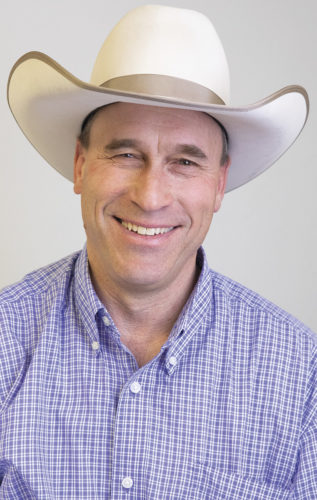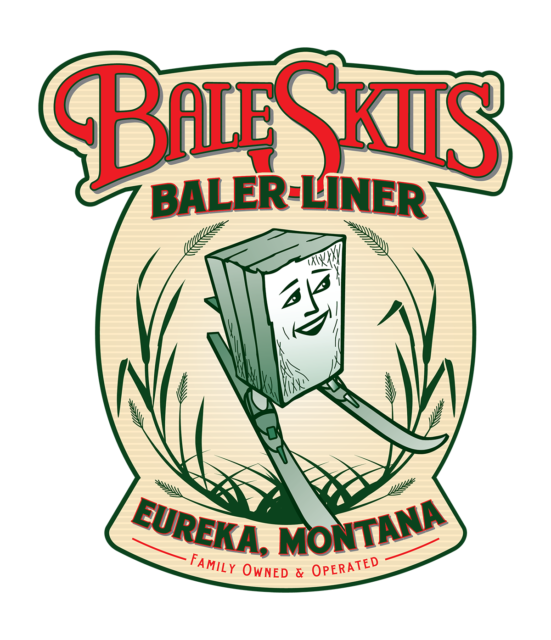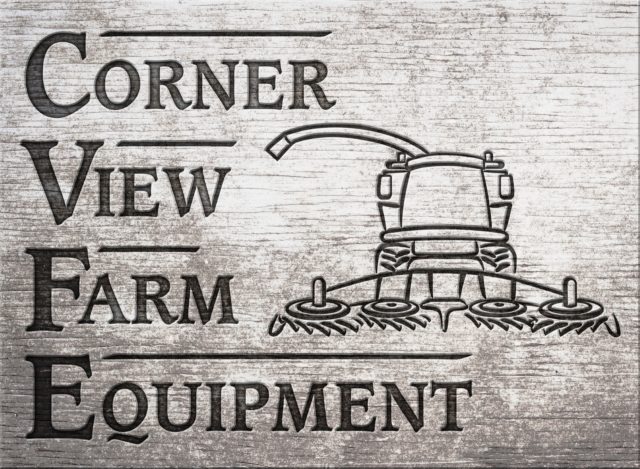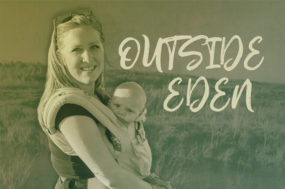We were at the little feedlot, about 20 miles from the home place, working a pen of yearlings. It wasn’t a really big or complicated job, but as was par for the course on our outfit, we were short-staffed.
We were at the little feedlot, about 20 miles from the home place, working a pen of yearlings. It wasn’t a really big or complicated job, but as was par for the course on our outfit, we were short-staffed. I had my dad there to ramrod things, and I’d somehow convinced my sister to join us that afternoon with the promise (which probably fooled nobody) that it was an easy job and should only take about an hour to finish.
The place where the cattle were being fed was kind of a little satellite yard about a mile down the road from the main feedlot and, consequently, was not really equipped with the finest handling facilities. There was a little catch pen that could hold about 50 head of eight-weights, an alley and an old 70s-era manual Powder River chute. Aside from that, creative cussing and whatever stockmanship skills we might possess were the only tools available.
About the time we got the alley loaded with the first bunch of cattle, I noticed a familiar old white Chevy pickup pull up over by the feedbunk. It was Bob, and I couldn’t help but welcome his arrival. Bob lived half a mile down the road from the feedlot and made it a habit to come check on us whenever he saw my pickup and trailer roll by his house. Bob was a decent hand back in his day, and he’d spent several summers as our range rider on the mountain. He’d given up most of his cowboying chores about the time he entered his ninth decade and his favorite mare went lame. Still, Bob spent every Thursday afternoon at the sale barn and faithfully kept up on the news and gossip of most of the big ranches in the county. Naturally, he was always willing to dispense some sage advice and wisdom whenever there was cow work to be done.
We were working our way through the pen of yearlings at a pace somewhere between a snail’s crawl and a slow trot. Between the limitations of the working facilities and the shorthanded crew, I was getting pretty worn down, but we were making progress, nonetheless. To spare my sister the hazardous duty of climbing the fence into the crowd pen, I was shuffling back and forth between the chute and the pen. On one such trip back to load the alley, I’d left my sorting stick leaning by the chute. Bob, who’d been observing the whole aggravating procedure from his spot behind the pen, offered me the use of an old shovel handle he held in his hand to sort the next draft up into the alley.
I was loathe to accept the offer because I was familiar with this particular shovel handle. I can’t say for sure, but I think it had been in Bob’s possession for somewhere around 40 years. He kept it in his pickup and used it for whatever his current situation required – sorting stick, dog-training device, walking cane – you name it. It may have even had a name. (For my purposes, I’ll call it Kevin.) If Bob was doing it, the shovel handle was helping him. So, in the heat of the moment, and against my better judgment and that not-so-small voice in my head that was screaming at me to decline, I grabbed Kevin from Bob’s outreached hand and climbed over the fence.
We were about to the last calves in the pen, so we were working with the dregs of the bunch. You know the type of critter I’m talking about: the two or three that keep working to the back as they use any method imaginable to avoid making that awkward 90-degree turn into the alley. I was really on my best behavior. As much as my nature was urging me to do so, there was no way I was going to start flailing Bob’s shovel handle at the irascible beasts before me. Things seemed to be shaping up well as one of the most cantankerous steers finally stuck his nose up the alley. I reached out and jabbed him with Bob’s beloved shovel handle. In one lightning-quick motion, the steer kicked up with both feet, instantly splitting Kevin in two. Just like that, Kevin’s usefulness and decades-long partnership with Bob came to a screeching halt.
I was, of course, mortified. When the last of the contrary critters had finally made its way through the chute, I timidly approached Bob with Kevin’s remains. Like a fourth grader who’d lost his social studies book, I had the story all planned out in my mind. But Bob quickly put my fears to bed.
“It was just a stick,” he said. “It was bound to happen sooner or later, and I let you use it knowing full well such a thing might happen. I offered my help with no expectations.”
It reminded me of a comment I once heard from a military combat veteran who was working his way through the hardships of returning home from his military duty. The comment he made hit me like a whack on the head from an old shovel handle. His comment was something like this:
“Just because you did something good doesn’t mean life will be good to you. It took me a while to realize that the challenges in life add value to it. Doing good and doing the right thing can be its own reward.”
So, take a lesson from Bob’s 40-year-old stick and a decorated war hero. Go about doing good, no matter the cost or the reward.










